History of the iv3 School
iv3 Solutions, and its predecessor Canadian Underwriting Services Limited (CUSL) have been training insurance professionals for decades.
Loss control training is a vital part of insurers seeking to protect their book of business. With multiple RIBO- and other industry-accredited courses available, you can select the courses that meet your needs.
Through our training, participants learn industry best practices and gain a deep understanding of how risk management principles can be applied to the insurance industry.
Our experienced instructors, who are experts in the field of insurance loss control, provide practical guidance and real-world examples to enhance the learning experience. Courses are reviewed and updated regularly to ensure the most up-to-date content is included.

iv3 Training & Development Department
In 2016, iv3 Solutions created and launched the Training and Development department with the focus of creating standardized training of all new inspectors, and to develop continuing educational courses to encourage existing inspectors to enhance their skill sets. This dedicated team has also enhanced and supported our Quality Assurance department, to ensure that quality remains of the utmost importance.
As the industry continues to change, it is vital that as an organization, these changes are identified, embraced, and communicated clearly to all involved parties.
The development of these new courses gives a fresh look at risk management and the insurance industry. It also has created additional opportunities for underwriters outside of iv3 to benefit from the research that has gone into these courses.
We continue to add to our list of courses as topics are identified and developed. If you have a suggestion on a topic that you do not see in our course list, please reach out to us. We may already be in the middle of developing that subject, or we may be able to adapt some internal course information to meet your needs.
For More Information:
For further information on a course list or to book a session for you or your team, please reach out to [email protected].
Commercial Courses

Restaurant Liability and Cooking Hazards
This course provides a review of the liability and fire hazards associated with a restaurant. Whether it be understanding the ‘front of the house’ and the potential exposures from a liability and liquor exposure, to the ‘back of the house’ with detailed instruction on cooking equipment, fire suppression systems, exhaust ducting, and their maintenance and service requirements. The requirements of UL-300 and ULC1254.6 are discussed, along with other potential restaurant hazards.

Commercial Construction Methodology
Over the years, construction methodology for commercial buildings has continued to change. Understanding the history of buildings, along with keeping up with new construction types is vital in properly rating buildings. This course focuses on what makes up NFPA, IBC and ISO classifications, and how you can identify each

Special Hazards: Hot Work, Flammable Liquids and Woodworking
One thing that separates good risks from bad risks is how they handle special hazards. This course goes in-depth into three types of special hazards – hot work, flammable liquids, and woodworking Understanding the concepts, along with the key areas to investigate and where hazards lie will help you ensure that the risks are addressed.
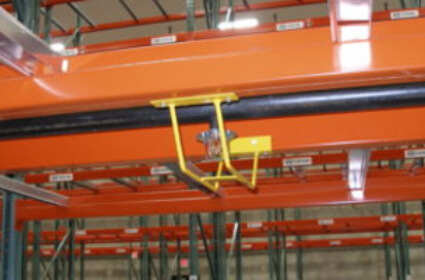
Automatic Sprinkler System Basics
Sprinkler systems are not all equal. This course is designed to help you understand the basics of sprinkler design, sprinkler systems, and fire pumps. Whether you are looking for an introduction, or want to enhance your knowledge, this course can benefit individuals at all skill levels.
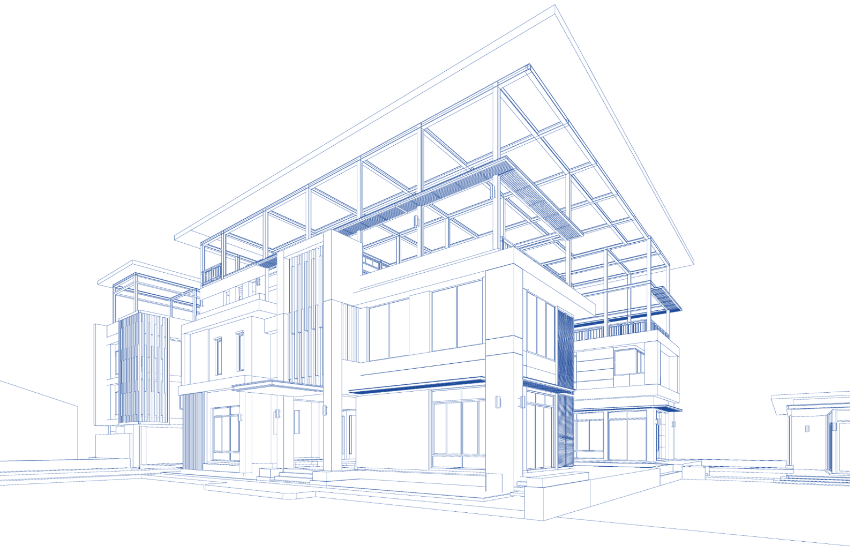
Commercial Valuations: Understanding the Basics
Without an accurate understanding of the parameters of a building calculator, it is impossible to get the values correct. This brief session reviews the CoreLogic Commercial Express (formerly BVS) calculator and what each of the key elements is looking for. There is a discussion of most-impactful items, along with some samples as we build a valuation together.
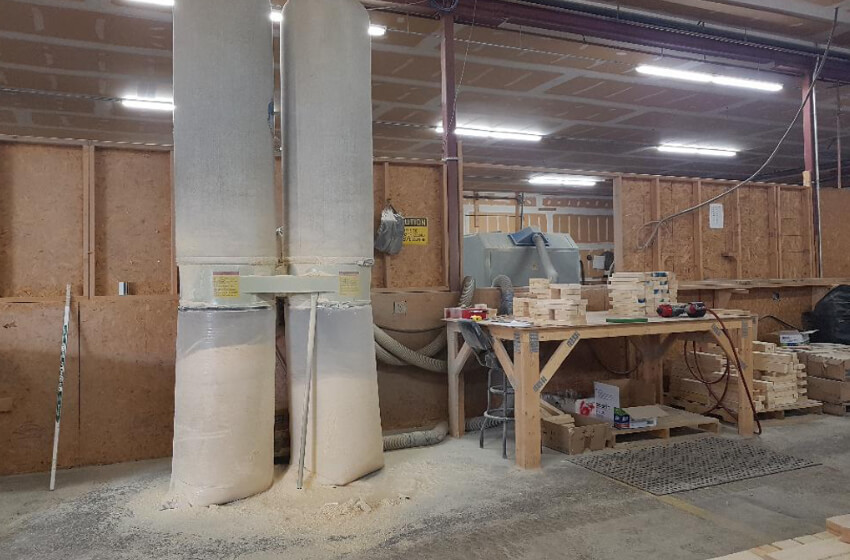
Dust Explosion Hazards
Many do not realize how dangerous dust particles can be in the air. This training presentation helps explain what happens in a dust explosion, with both the primary and secondary explosions, along with how an environment prone to dust can be protected.
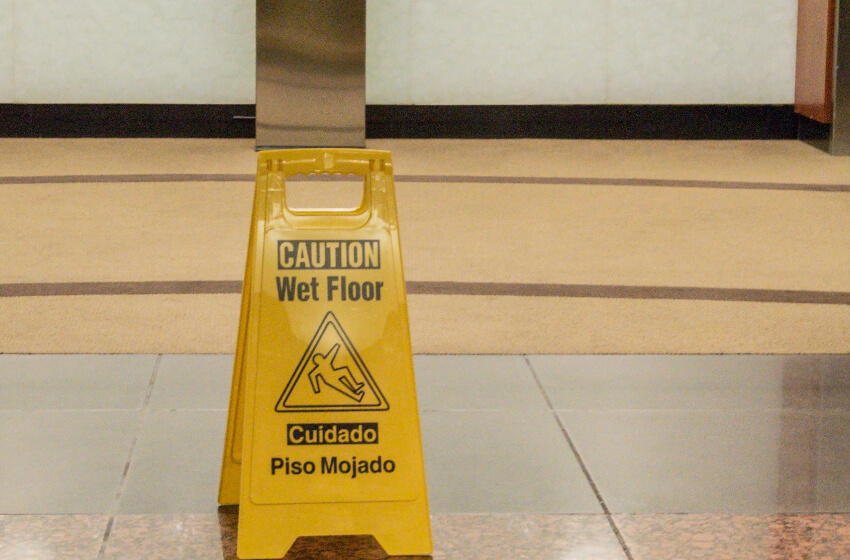
Understanding Commercial Liability Hazards
Property coverage for a building can be very straightforward, as the limits can be determined as to the maximum exposure. However when reviewing the potential liability hazards in a property, these are much more difficult to quantify. This course reviews common liability hazards found in commercial buildings, and includes multiple photos and situations that can help identify areas of concern and what can be done to reduce your risks.
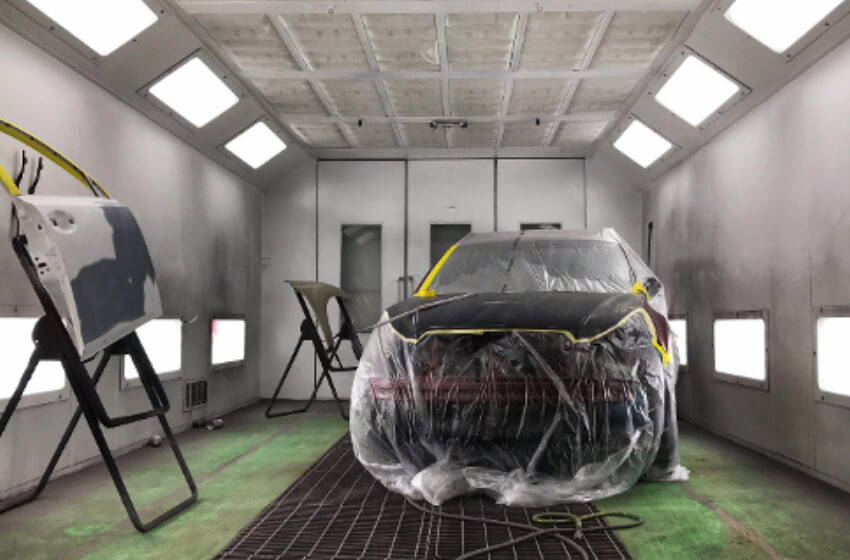
Garage Liability
Auto repair and body shop work poses many special hazards that must be identified and controlled to reduce the risks. This course focuses on flammable liquids, hot work, and spray painting risks associated with garage operations. It examines best practices in operating a garage, and what can be done to improve the risk.

Commercial Occupancies: Analyzing the Risks
This seminar focuses on some of the most common commercial occupancies, and goes through a brief overview describing what to expect at a specific risk type, where similar types of occupancy can differ greatly, what can be inspected and what should be reviewed for each. The course can also be modified for specific occupancy types.

Analyzing a Manufacturing Operation
Understanding what happens in a manufacturing operation is vital to understanding the potential risks involved. This course focuses on a structured analysis of investigating the operation, and what are some of the major concerns that have been noted.

Cannabis Operations
With the legalization of marijuana sales in Canada, along with expansion of medical marijuana sales, the risks for an insurer have risen dramatically. This seminar focuses on the trends noted, what are some of the concerns, and how you can ensure that the risks of underwriting this type of operation are minimized.
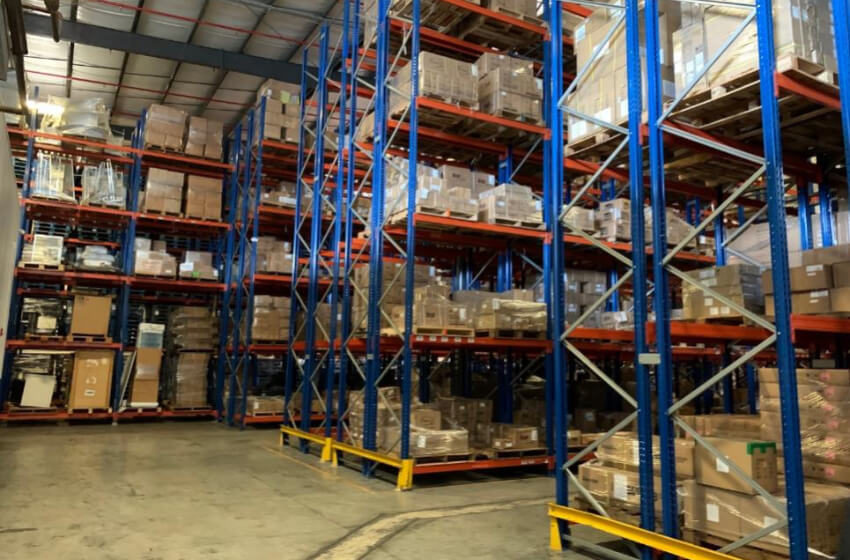
Products Liability and Completed Operations
This course focuses on potential hazards that could arise from the way a product is manufactured. Express and implied warrantees are discussed. Best practices on research and development are reviewed, along with how understanding the needs to keep up with what other industries consider ‘safe.’
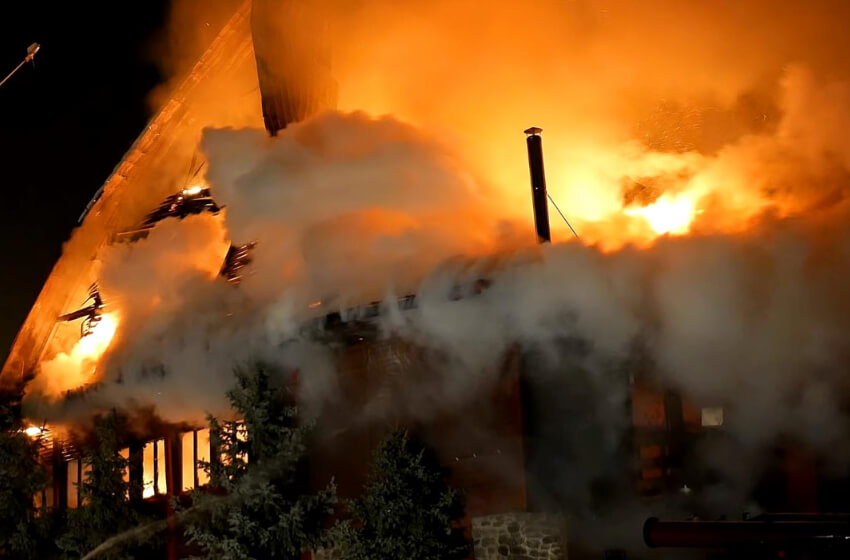
Wildfire Protection
Wildfires have spread across our country over the past few years. They are constantly in the news, displacing residents and damaging homes and properties. To quantify the risks for an insurer, it is vital to understand how to identify the hazards of a property. This seminar focuses on identifying the building susceptibility, surrounding hazards, and reviewing existing and potential prevention methods.
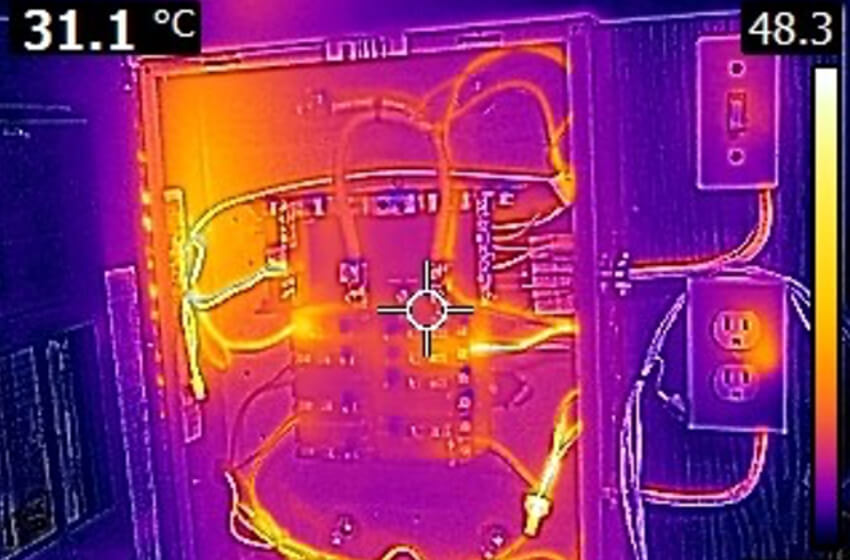
Thermography: How it Can Assist You
Thermography enables trained specialists to determine when an object is outside of the normal temperature range it should be. Why is this important? How can thermography be used to identify areas needing inspection? What can you expect from a qualified thermography review? This seminar focuses on the practical value of using thermography as a loss prevention tool.
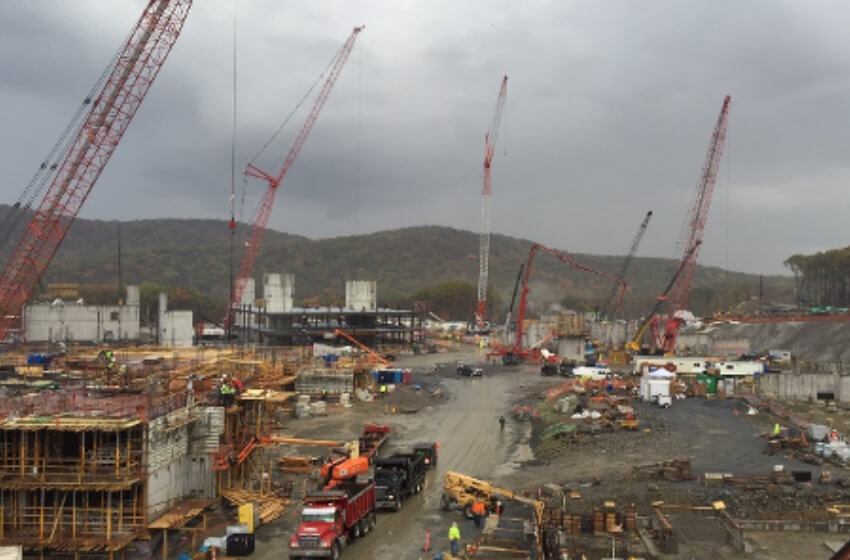
Course of Construction: Understanding the Hazards
Course of Construction reports, sometimes referred to as Builders Risk reports, have been a valuable tool for insurers in ensuring construction projects are progressing as planned and adequate loss control practices are in place. This course discusses the four main phases of a construction project, and the hazards associated with each phase.
Residential Courses
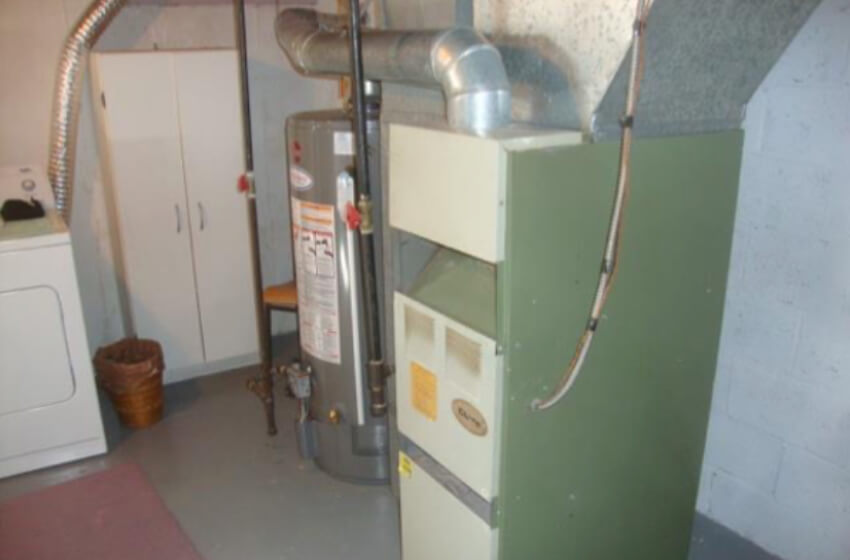
Mechanicals in a Home: Heating, Electrical and Plumbing
As heating, electrical and plumbing systems have changed over the years, the risks associated with these system have varied. This course focuses on the systems that have been used, along with how to identify them, the hazards associated with each, and what information should be obtained. Determining how to identify the ages of systems is also included in the training.
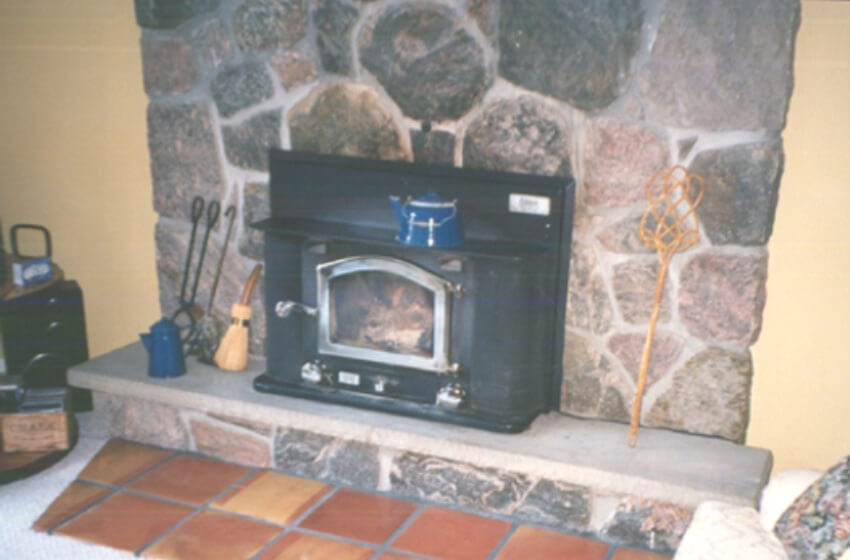
Wood Burning Systems in a Home: Understanding WETT Inspections
This detailed course focuses on understanding the various types of wood burning systems that can be found in residential occupancies. It also includes information on the WETT inspection process, what to expect for each type of inspection, and understanding the forms that accompany those inspections. Sample exercises help those attending to apply the information in a practical setting.
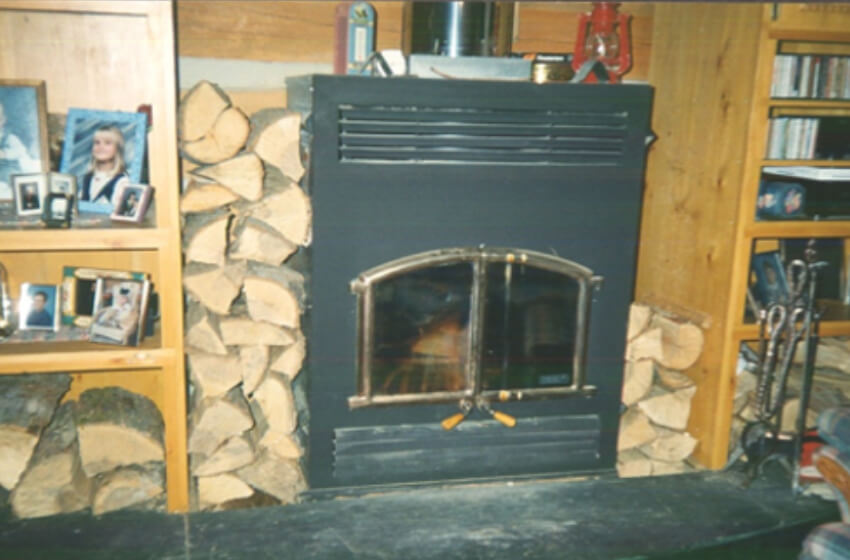
Woodstove Basics
This overview looks at the general guidelines associated with woodstoves, their certification, and the components associated with an installation. Key elements of the current B365 code are discussed, and some samples of real-life situations and their hazards are included.
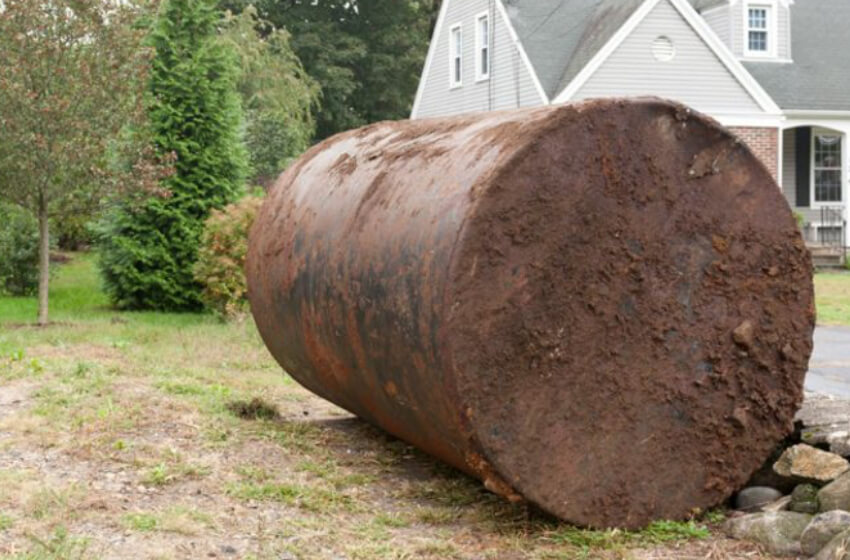
Fuel Oil Tank Hazards
This course reviews the key elements of the CAN-CSA-B139 code that discusses the requirements for installation of fuel oil tanks. New technology and changing requirements make it important to stay up to date and understand what is needed to keep an installation safe.

CoreLogic RCT: Understanding the Basics
Valuation details for RCT program from CoreLogic can be entered very quickly, but can also take a long time, depending upon the amount of detail entered. Although the system uses defaults, to get an accurate value, it is vital to enter as much information as possible. This course focuses on the key areas of most importance, but also examines some selections that may have a greater impact than you want them to have.
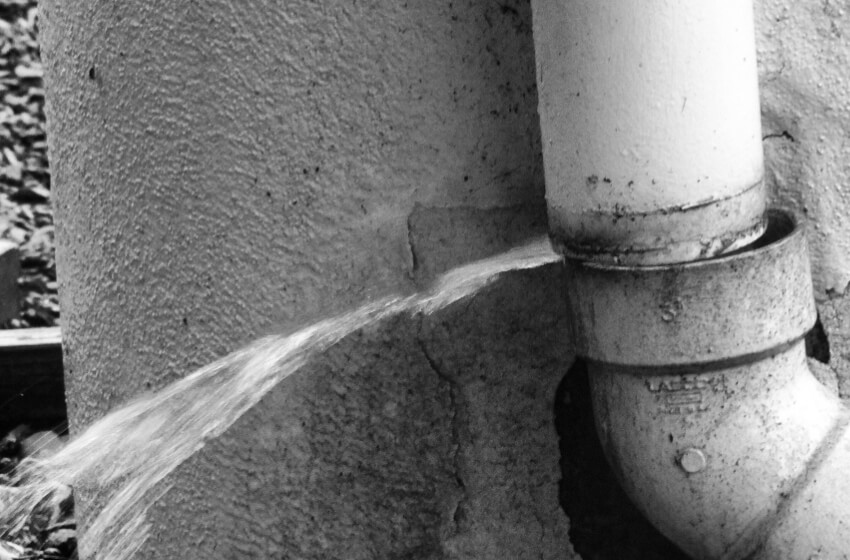
Residential Water Damage Loss Prevention
Water damage can occur from many sources. Roofing, drainage, elevations, plumbing, sump pumps and appliances can all lead to claims. This course focuses on each of these elements, what are best practices to protect the home, and gives practical examples showing what has been noted and how you can identify areas of concern.
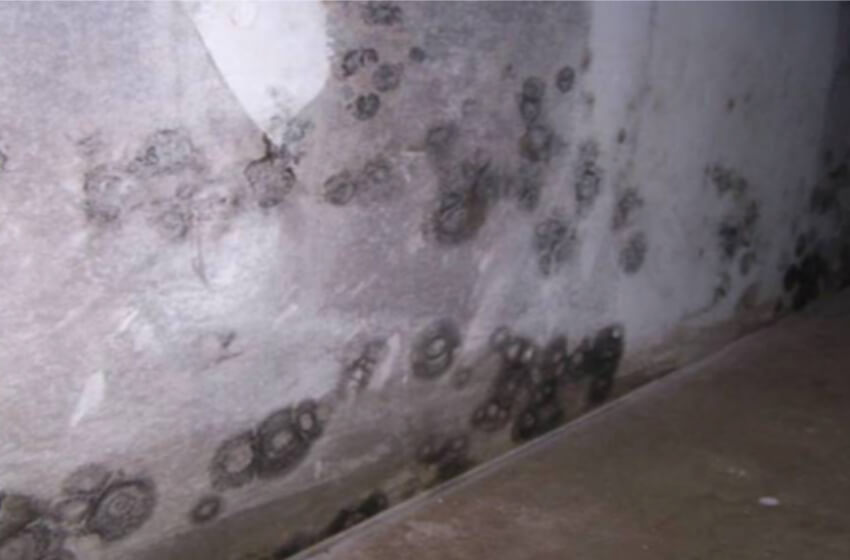
Mould Basics
Building on information learned from the Residential Water Damage Loss Prevention course, this course focuses on the consequences of water infiltration – mould growth. Do you understand why this is a big concern? What techniques can be used to reduce the issues? What do remediation firms do? This course will give you a better understanding of these elements.

Cottage Country Exposures
We all love to get away from the hustle and bustle of the city. Cottages are a beautiful way that many people do this. However, cottages and rural areas pose significant dangers that need to be cared for. This brief seminar focuses on concerns related to fire protection in rural areas, water damage, winterization, and monitoring of these properties during winter months.
RIBO-Accredited Courses
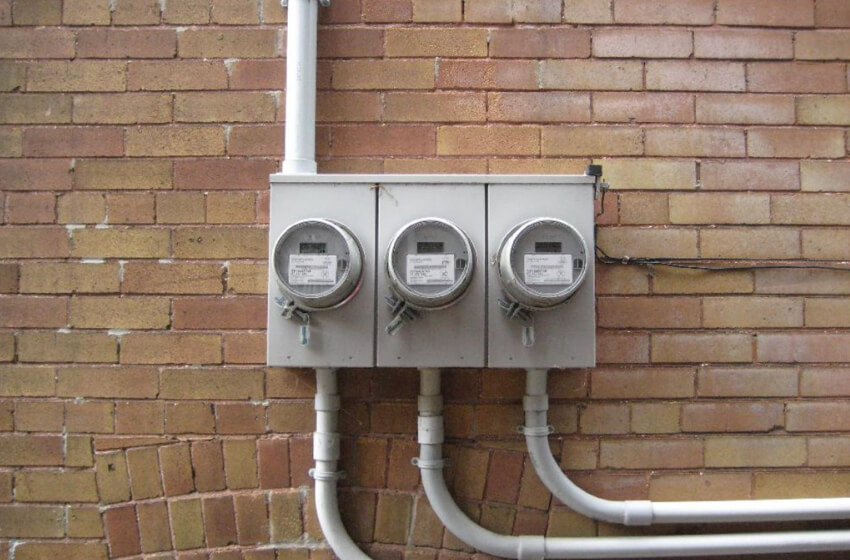
Hazards
This residential-based course is focused on common hazards. As heating, electrical and plumbing systems have changed over the years, the risks associated with these system have varied. This course focuses on the systems that have been used, along with how to identify them, the hazards associated with each, and what information should be obtained. Determining how to identify the ages of systems is also included in the training.
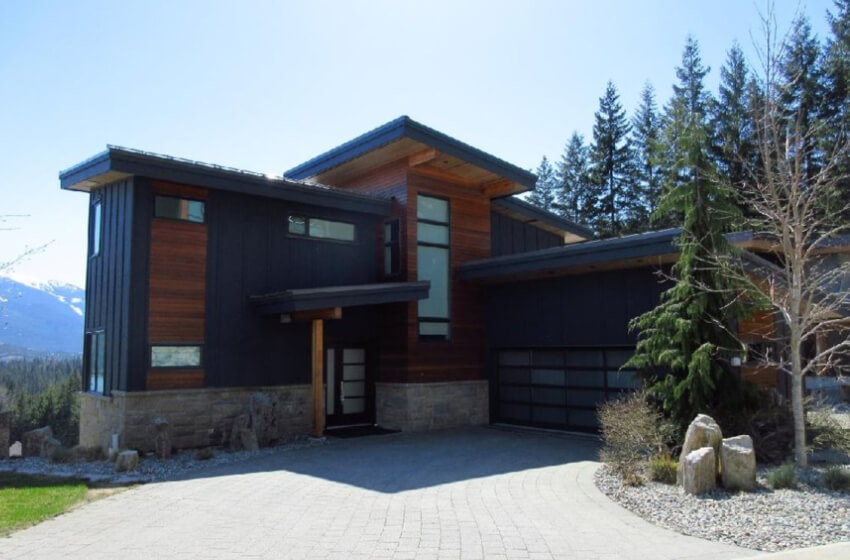
Knowing How to Use the Tools of Your Trade: RCT Overview
Valuation details for RCT program from CoreLogic can be entered very quickly, but can also take a long time, depending upon the amount of detail entered. Although the system uses defaults, to get an accurate value, it is vital to enter as much information as possible. This course focuses on the key areas of most importance, but also examines some selections that may have a greater impact than you want them to have.
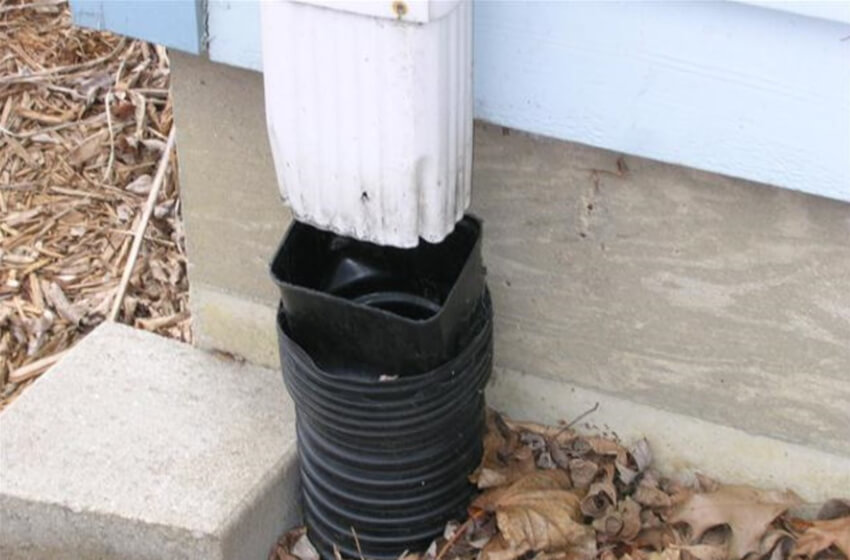
Water Water Everywhere
Water damage can occur from many sources. Roofing, drainage, elevations, plumbing, sump pumps and appliances can all lead to claims. This course focuses on each of these elements, what are best practices to protect the home, and gives practical examples showing what has been noted and how you can identify areas of concern.
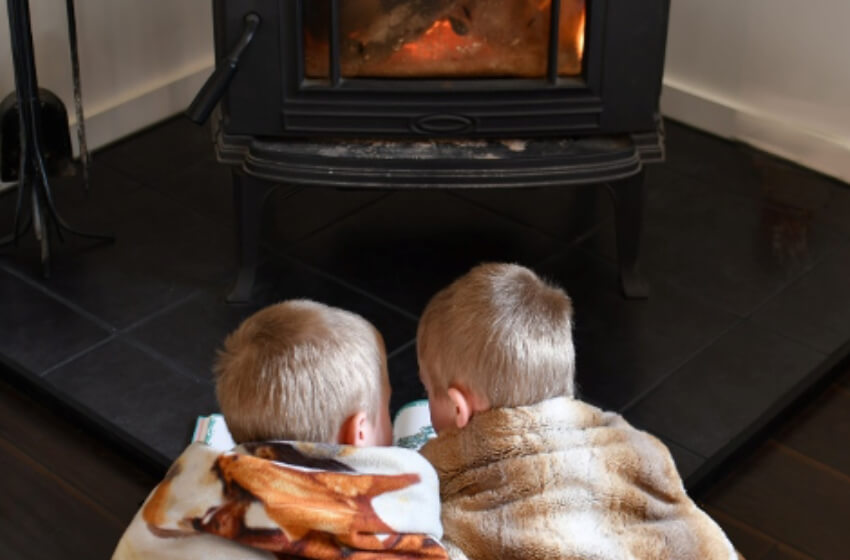
Wood Stoves
This detailed course focuses on understanding the various types of woodburning systems that can be found in residential occupancies. It also includes information on the WETT inspection process, what to expect for each type of inspection, and understanding the forms that accompany those inspections. Sample exercises help those attending to apply the information in a practical setting.